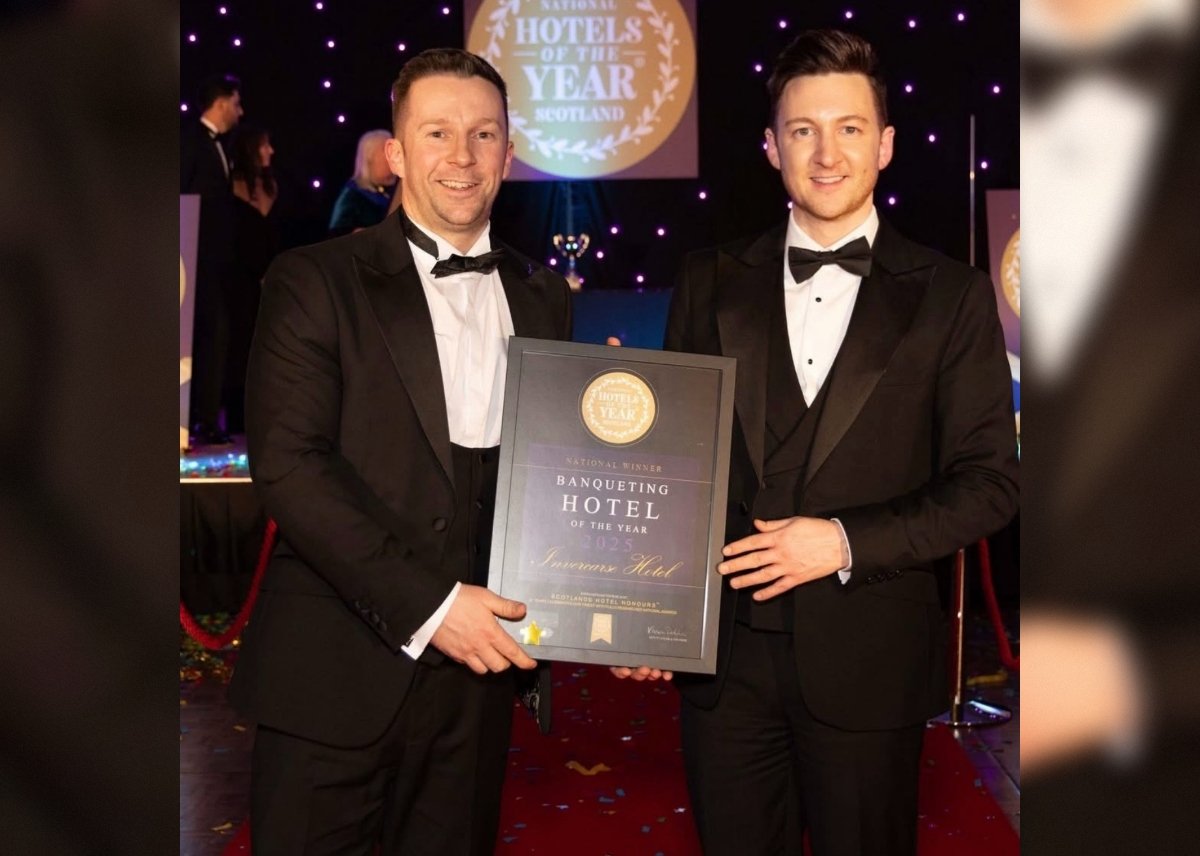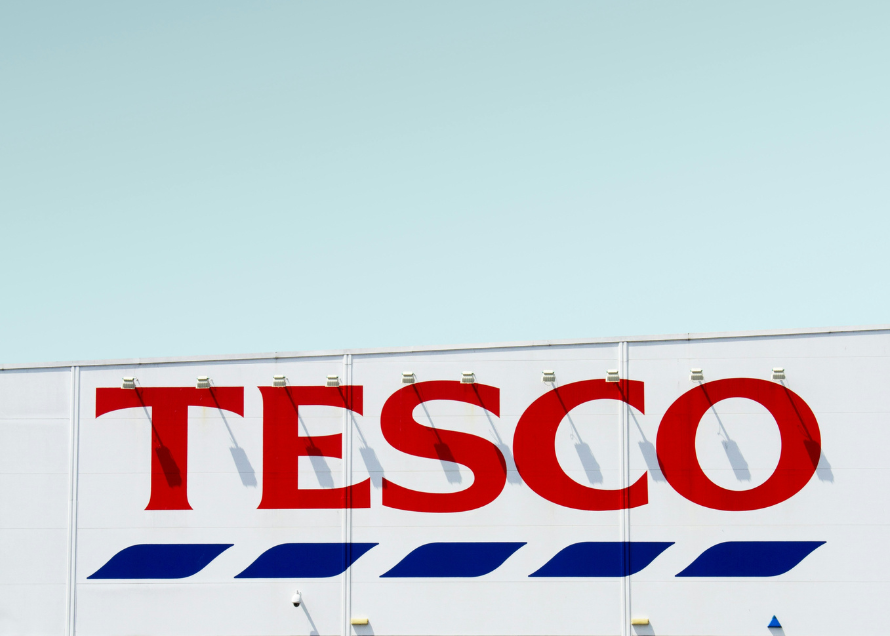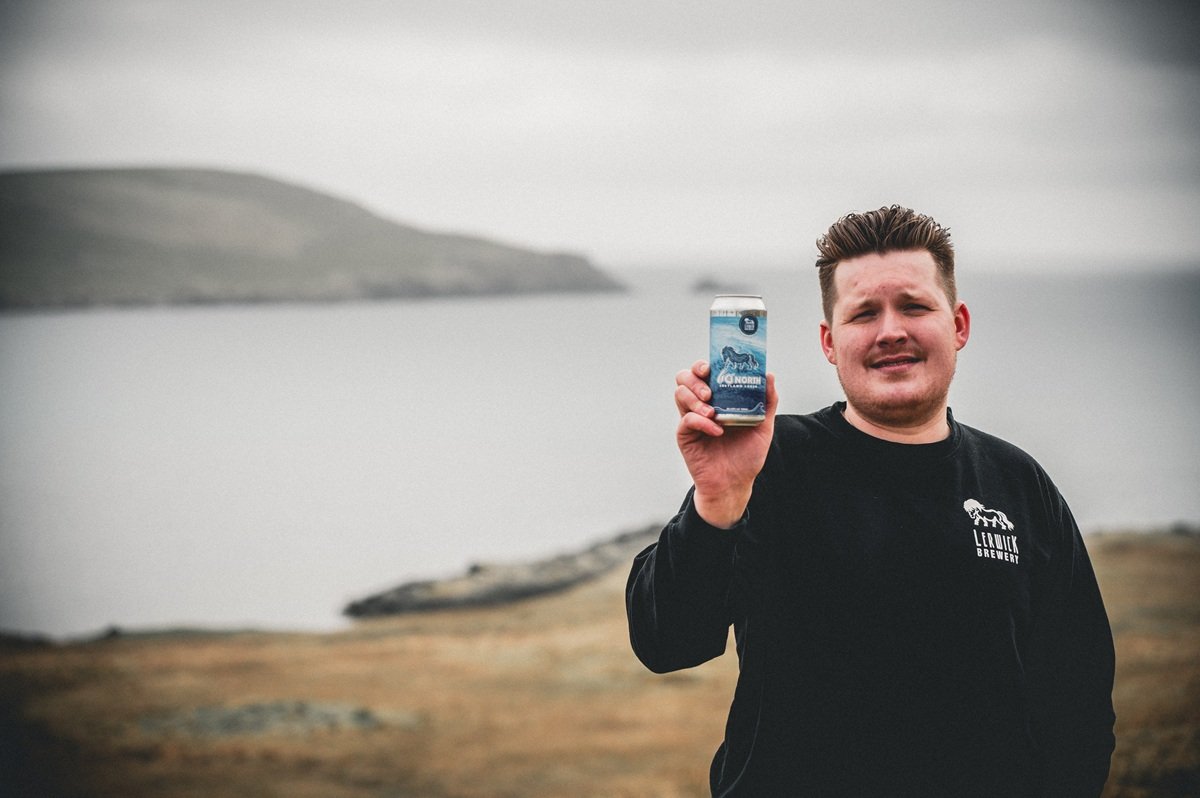Working in hospitality requires a lot of moving parts and, in turn, a lot of systems. From point of sale and reservation software to staff scheduling and revenue management. However, using multiple systems can lead to data fragmentation, limited integration and manual duplication.
Access Hospitality has surveyed 1,000 businesses across the world to better understand how hospitality businesses, particularly in the hotel and food and beverage industries, are using multiple systems, their thoughts on these disconnected systems and most importantly, how much time and money they’re losing because of them.
UK and Ireland hospitality businesses are wasting 36 days per employee per year from disconnected systems
Out of all countries surveyed, disconnected systems contribute an average of 16% waste of operational costs for hospitality businesses and managers waste an average of 360 hours per year due to disconnected systems.*
| Rank | Country | Average number of different software systems used | Number of hours wasted per employee per year due to disconnected systems |
| 1 | Switzerland | 5.4 | 470 |
| 2 | India | 5.2 | 408 |
| 3 | Austria | 4.6 | 382 |
| 4 | Germany | 4.7 | 377 |
| 5 | Australia | 4.35 | 330 |
| 6= | United States | 4.1 | 312 |
| 6= | Indonesia | 4.1 | 312 |
| 8 | UK & Ireland | 4.3 | 286 |
Hospitality businesses in UK and Ireland lose 286 hours per employee from disconnected systems
Despite many businesses now using integrated AI systems to improve their hospitality services, the majority admit that using multiple systems is costing them both time and money.
In fact, despite ranking as one of the best countries surveyed, Access Hospitality uncovered that hospitality businesses in the UK and Ireland alone are still losing a considerable amount of hours to disconnected systems. On average, managers lose 286 hours from using multiple systems, which equates to 36 days per year.
When looking at the hotel side of the hospitality industry, the hours wasted on disconnected systems jump to 322 hours a year or 40 days.
Switzerland loses the most hours per manager from disconnected systems
Out of all countries surveyed, Switzerland uses the highest number of different systems (5.4) which is costing them 470 hours, on average, in wasted time switching between them.
This is the highest in the DACH region with Austria following in second place, wasting 382 hours switching between different systems, 88 hours less than Switzerland.
The United States loses 39 days on average per manager every year
The United States ranks joint sixth using 4.1 different systems for running their business which is costing businesses 312 hours in lost time, on average.
How AI can help hospitality businesses
An integrated AI system can solve these inefficiencies by connecting reservations, POS, staffing, and revenue management into a single smart platform. Instead of staff spending over a month*** (45 days) a year re-entering data and switching between disconnected tools, information can flow seamlessly, errors can be reduced, and decisions are supported by instant AI-driven insights.
Champa Magesh, Managing Director of Access Hospitality, comments: “The hospitality industry has always thrived on its ability to adapt – to new customer expectations, new business models, and now, new technologies. Artificial intelligence is no longer a futuristic concept. It’s already reshaping how we book, dine, stay and interact in bars, restaurants, hotels and venues.
You Might Also Like:
The findings are eye-opening. Hospitality businesses across the world are still wasting an average of 360 hours a year switching between disconnected systems – time that could be redirected into serving guests. However, there’s optimism: almost half of businesses see AI as a way to improve efficiency and streamline daily tasks, while 60% of consumers believe technology has already enhanced their experiences in hospitality.
“What stands out most is the balance consumers want, which reinforces what we at Access Hospitality believe: that technology should never replace hospitality’s human touch, but instead support it by removing inefficiencies and freeing staff to focus on what really matters: creating memorable experiences.”
Please learn more about the campaign here and if you need any additional information, please let me know.


















